Dry skin is when your skin dries out because it doesn’t have enough moisture. It isn’t usually serious, but it can be irritating. If your dry skin is severe, you should see a doctor. There are many causes of dry skin -- from the temperature outside to how much moisture is in the air.
Anyone can have dry skin at some point, and this is true at any age. However, as you age, skin tends to get dehydrated more easily. This can be explained by various changes, such as slower skin cell renewal, among other things. Dry skin is sometimes accompanied by other symptoms such as itching, tingling or tightness, redness and desquamation (scaling). In this article we will discuss about the dry skin an their Symptoms, Causes, Risk Factors and Prevention Tips to stop dry skin.
Symptoms of Dry Skin
Dryness isn't the only symptom of dry skin. Some other symptoms of dry skin are:
Itchiness
Irritation
Cracked skin
Tightness
Pain
Bleeding
Additionally, you will usually be able to tell that the skin is dry by looking at it. The appearance of dry skin may be rough or scaly, and it might be peeling or flaky. This dryness may occur on the skin of specific body parts, such as the hands, or the dryness might be more widespread, most commonly on the extremities: your arms and legs, according to Farber.
When to seek medical attention?
When your dry, itchy skin does not get better within 2 weeks, call your doctor. In some cases, dry skin and scratching may be caused by an allergic reaction or skin disorder such as eczema or psoriasis, which may require specific treatments.
Serious itching may sometimes be a sign of a more serious illness, like hepatic disease and cancer. That is not possible, but your doctor will test it out.
Causes of Dry Skin
Dry skin (xerosis) often has an environmental cause. Certain diseases also can significantly affect your skin. Potential causes of dry skin include:
1. Weather: Skin appears to be the driest in winter, as the level of temperatures and humidity plummets. Yet if you live in desert regions the season cannot matter as much.
2. Heat: Central heating, wood-burning stoves, fireplaces, and space heaters all minimize moisture and dry your skin.
3. Warm bath: Taking long, warm showers or baths will make your skin dry. So, swimming can be regular, particularly in heavily chlorinated pools.
4. Harsh soaps and detergents: Many common skin soaps, detergents, and shampoos strip moisture as formulated to remove oil.
5. Various skin conditions: People suffering from skin disorders like atopic dermatitis (eczema) or psoriasis are susceptible to dry skin.
Risk Factors for Dry Skin
Dry skin can affect anyone. But certain risk factors increase your chances of developing dry skin, among them:
Age: Older adults have a greater risk of developing dry skin. As you age your pores generate less oil naturally, increasing the chance of dry skin.
Medical history: You’re more likely to experience eczema or allergic contact dermatitis if you have a history of these conditions or other allergic diseases in family.
Season: Dry skin is more common during the fall and winter months, with relatively low humidity levels. Higher humidity levels help avoids the drying out of your skin during the summer.
Bathing habits: Your chance of dry skin is increased by taking frequent baths or bathing with very hot water.
Prevention Tips to stop Dry Skin
By taking given steps you can help to prevent dry skin:
• When the indoor air is dry during the winter months, use a moisturizer to increase the humidity.
• Optimal sun protection measures should be taken to prevent dry skin. Use a sunscreen with an SPF of at least 30 before any exposure to the sun, whether in winter or summer.
• Apply a moisturizer that contains at least one of the following ingredients, during the day if necessary: glycerin, urea, pyroglutamic acid, sorbitol, lactic acid, lactate salts or alpha hydroxyl acids;
• Avoid overuse of antiperspirants and perfumes, as these can dry the skin.
• When playing outdoors cover the exposed skin. Whether due to the hot weather or game rules you can't wear protective clothing, use a sunscreen or a moisturizer. Whether you are a swimmer and have dry skin issues, add a thin coat of petroleum jelly before entering the water. Shower when you're out of the water, pat dry, and add a moisturizer right away.
• Bathe in comfortably warm (not hot) water, using an unscented soap that contains either high-fat content or glycerin. Do not use a scrub.
• If you're athlete, take a quick shower off after a workout or game. Use warm water and carry your own mild soap, because the heavy-duty "gym" brands may be too solid.
• After finishing your bath or shower, dry pat and add a moisturizer immediately. Unscented moisturizing lotion is easy to apply and helps to preserve moisture in the skin.
• It's best to use cleansing creams or gentle skin cleansers and bath or shower gels with added moisturizers. Choose mild soaps that have added oils and fats. Avoid deodorant and antibacterial detergents, fragrance, and alcohol.



 Contact Us
Contact Us







 Hospitals
Hospitals
 Doctors
Doctors
 Diagnostic
Diagnostic
 Pharmacy
Pharmacy
 Health Tips
Health Tips
 Blog
Blog










 KayaWell Expert
KayaWell Expert
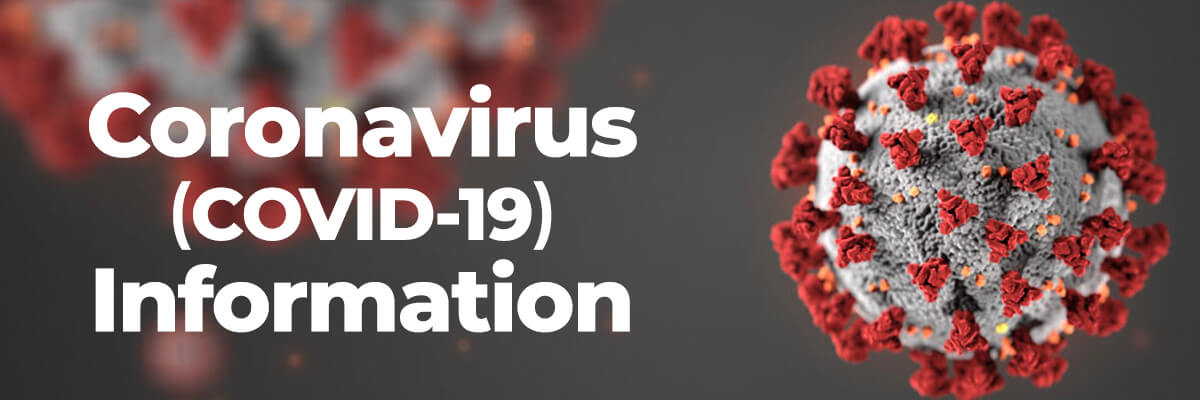



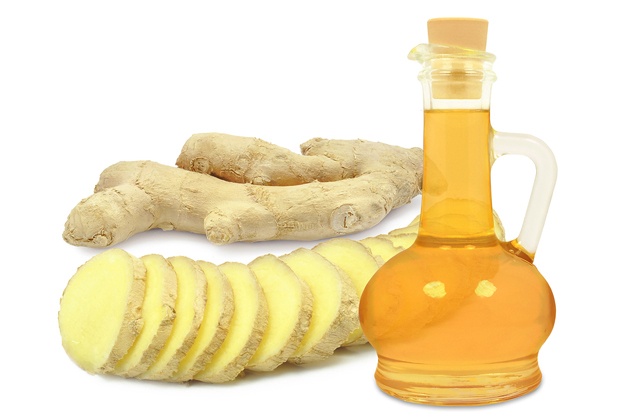
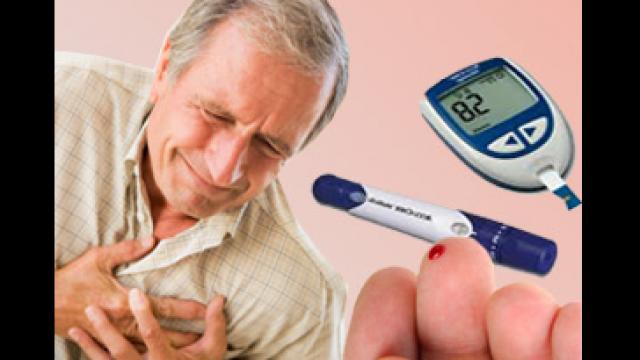

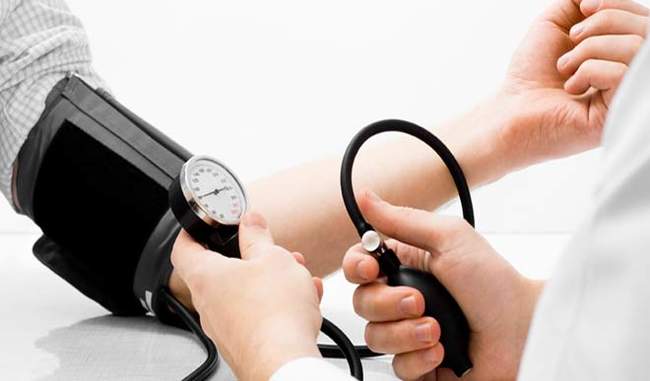
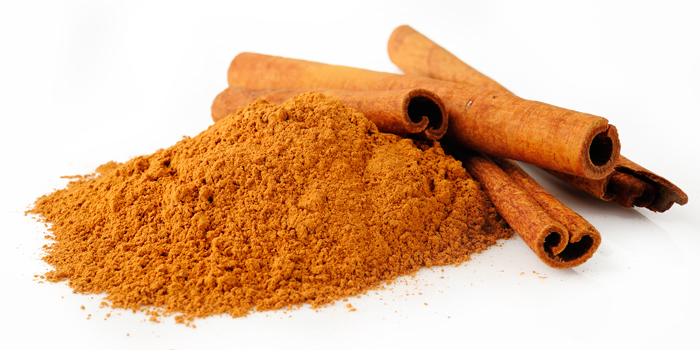

Comments